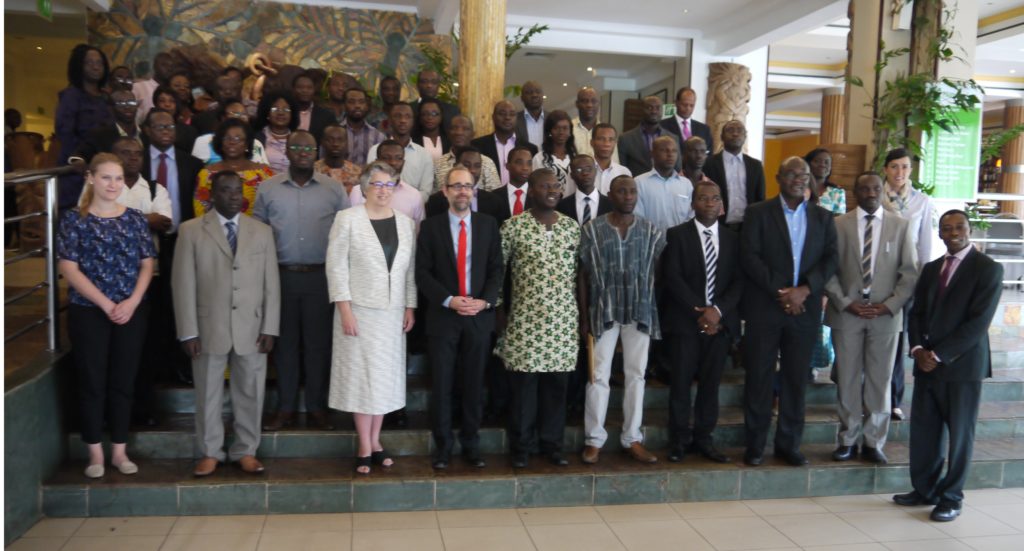Ghana kicked-off the development of its National Climate Change Learning Strategy at a Planning Workshop. The strategy will be an important piece of Ghana’s national climate change response and is intended to support the implementation of the country’s Intended Nationally Determined Contribution (or ‘INDC’ – Ghana’s international commitment to combat climate change). The strategy development process is supported by the One UN Climate Change Learning Partnership (UN CC:Learn) with financial support provided by the Swiss Government.
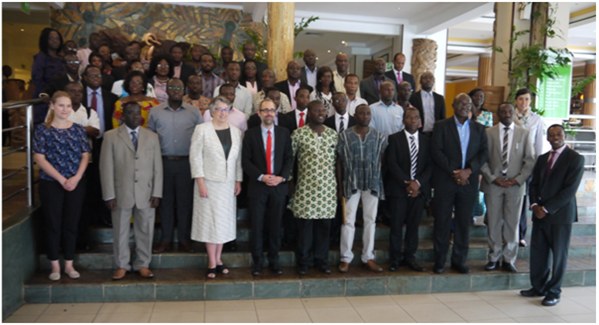
More than 80 participants from various government sectors, civil society organizations, the private sector, research and education institutions, development partners and the media joined the meeting to share their experiences and ideas for the strategy development process.
The National Climate Change Learning Strategy will be structured around the five priority areas of the National Climate Change Policy (NCCP), namely:
- Agriculture and food security
- Disaster preparedness and response
- National resource management
- Equitable social development
- Energy, industrial and infrastructural development.
One of the main objectives of the strategy is to strengthen the capacity of national education and training system to deliver climate change learning actions in line with the NCCP. The workshop revealed that the country already had a number of dedicated university courses, and even Bachelor, Master and PhD Programmes on climate change. Despite these notable efforts tertiary institutions encounter challenges in terms of adequate human resources given that only few faculty members have specialized knowledge in the area of climate change. At the primary and secondary level some aspects of climate change are taught in geography classes, but opportunities exists to teach climate change issues in a more coherent and systematic manner.
The strategy will be developed through a multi-stakeholder and multi-sectoral process over the next months under the political leadership of the Ministry of Environment, Science, Technology and Innovation (MESTI) and with technical coordination provided by the Environmental Protection Agency (EPA). The aim is to launch the strategy by the up-coming Climate Summit in Paris in December 2015.
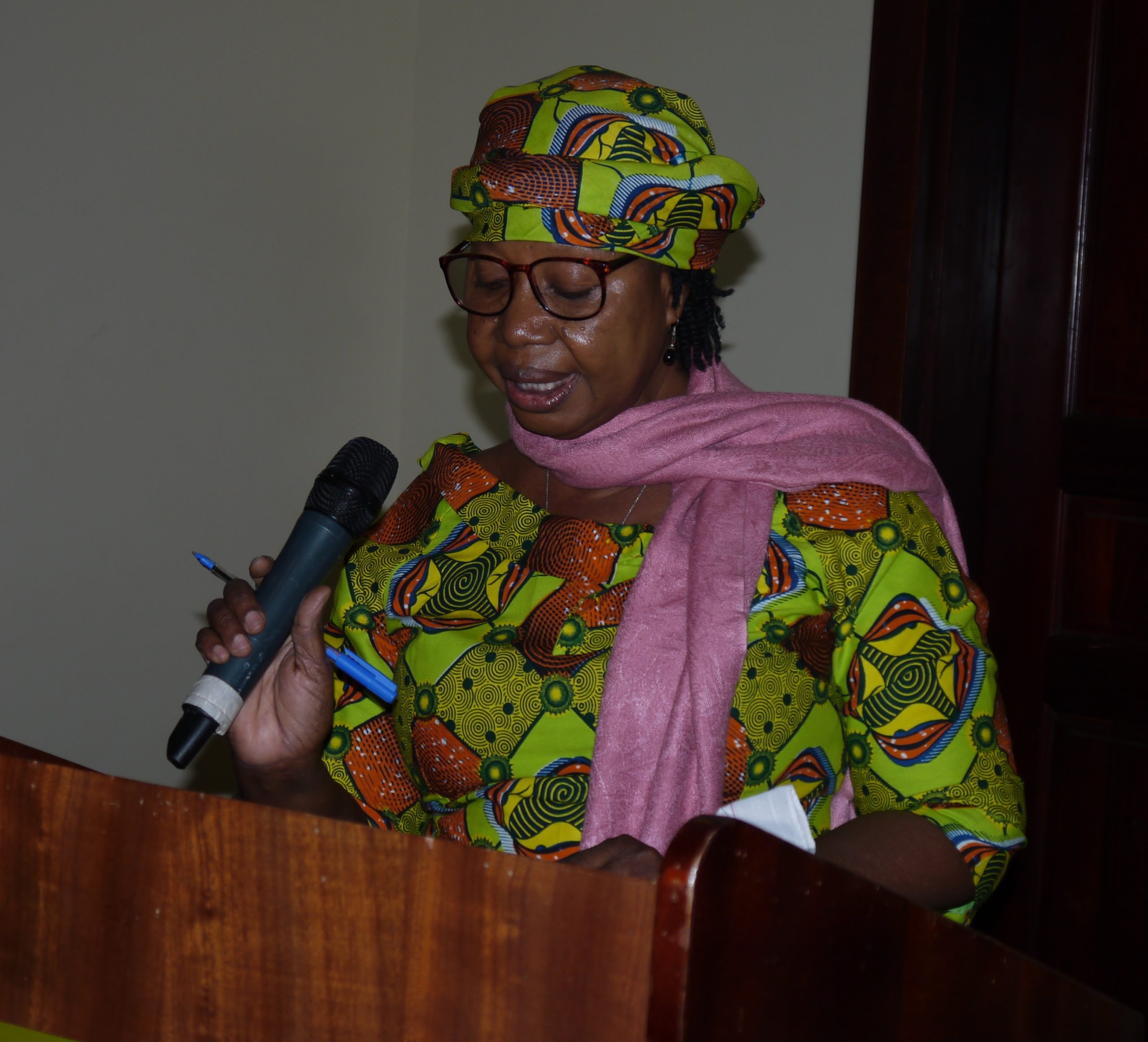
The workshop was opened by Ms. Salimata Abdul-Salam, Chief Director, MESTI, on behalf of the Minister of Environment, Science, Technology and Innovation.
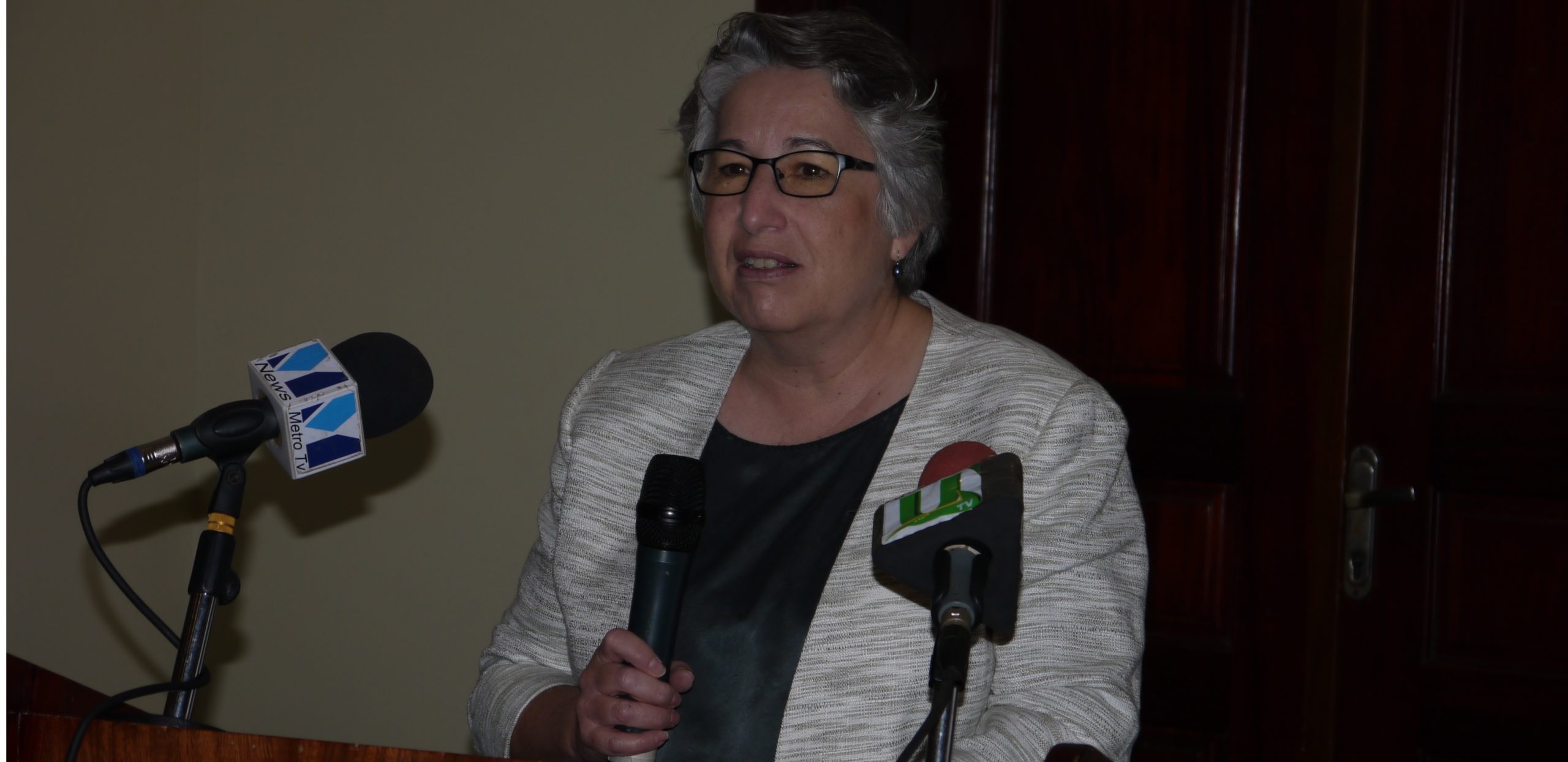
Ms. Christine Evans-Klock, UN Resident Coordinator, emphasized that the UN system in Ghana is ready to support the Government in its ambitious endeavour to strengthen human resource capacities to address climate change.
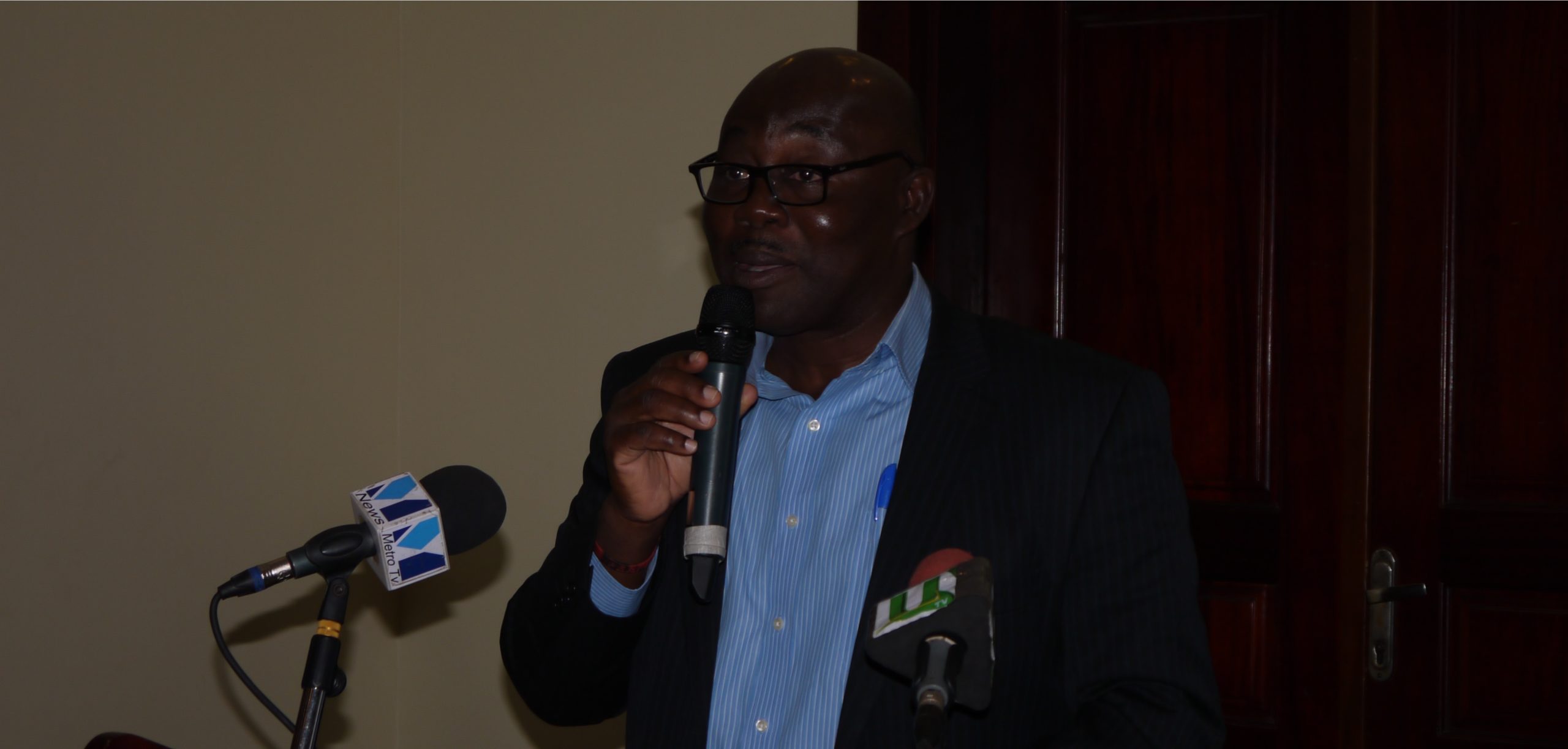
Mr. Ebenezer Appah-Sampong, Deputy Executive Director, EPA pointed out: “We are not interested in the number of workshops that will be implemented, but real results in terms of behaviour change.”
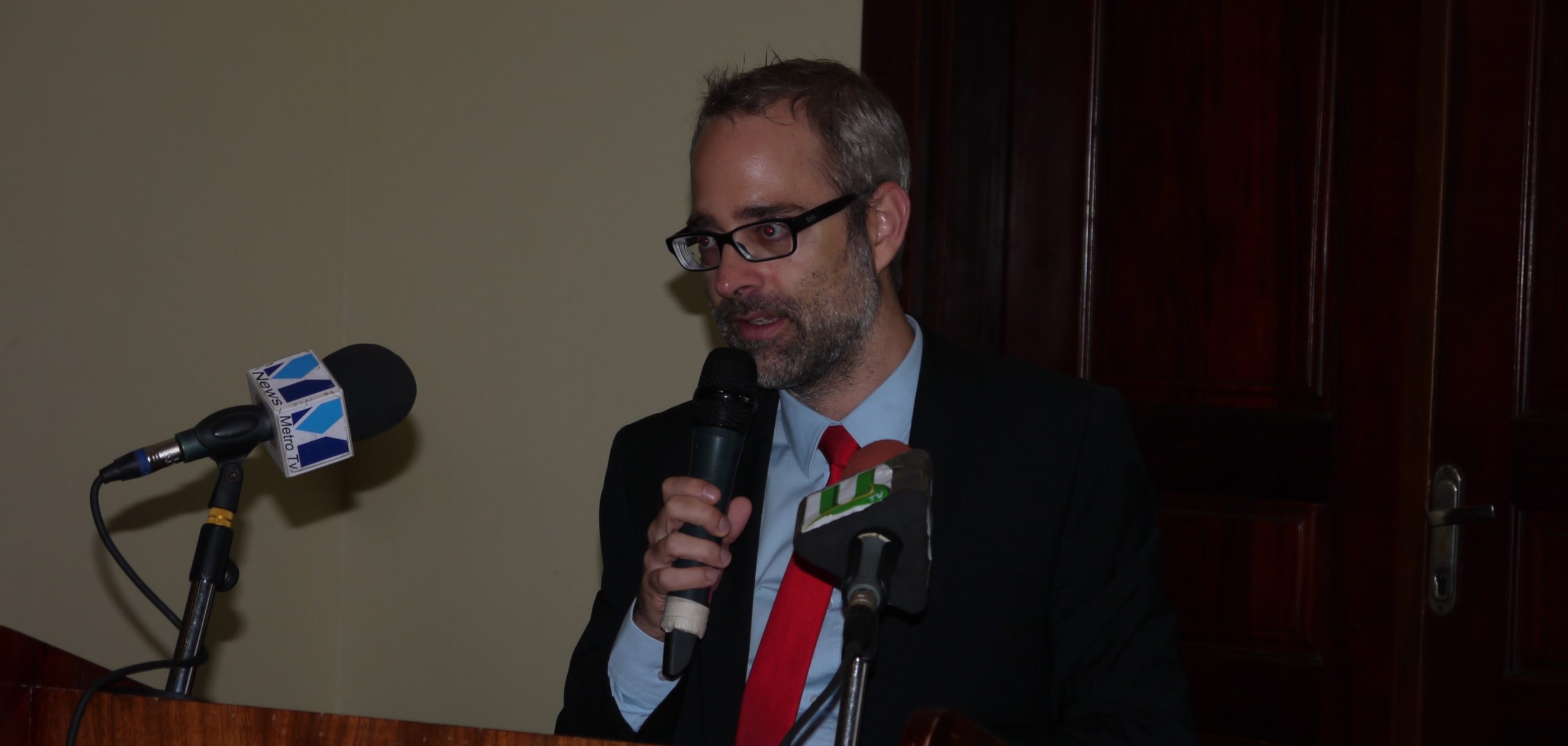
Mr. Matthias Feldmann, Head of Cooperation at the Swiss Embassy in Accra, speaking on behalf of the Ambassador, highlighted that Switzerland itself experienced the power of addressing environmental, social and economic issues by working through schools, universities and professional training centers.
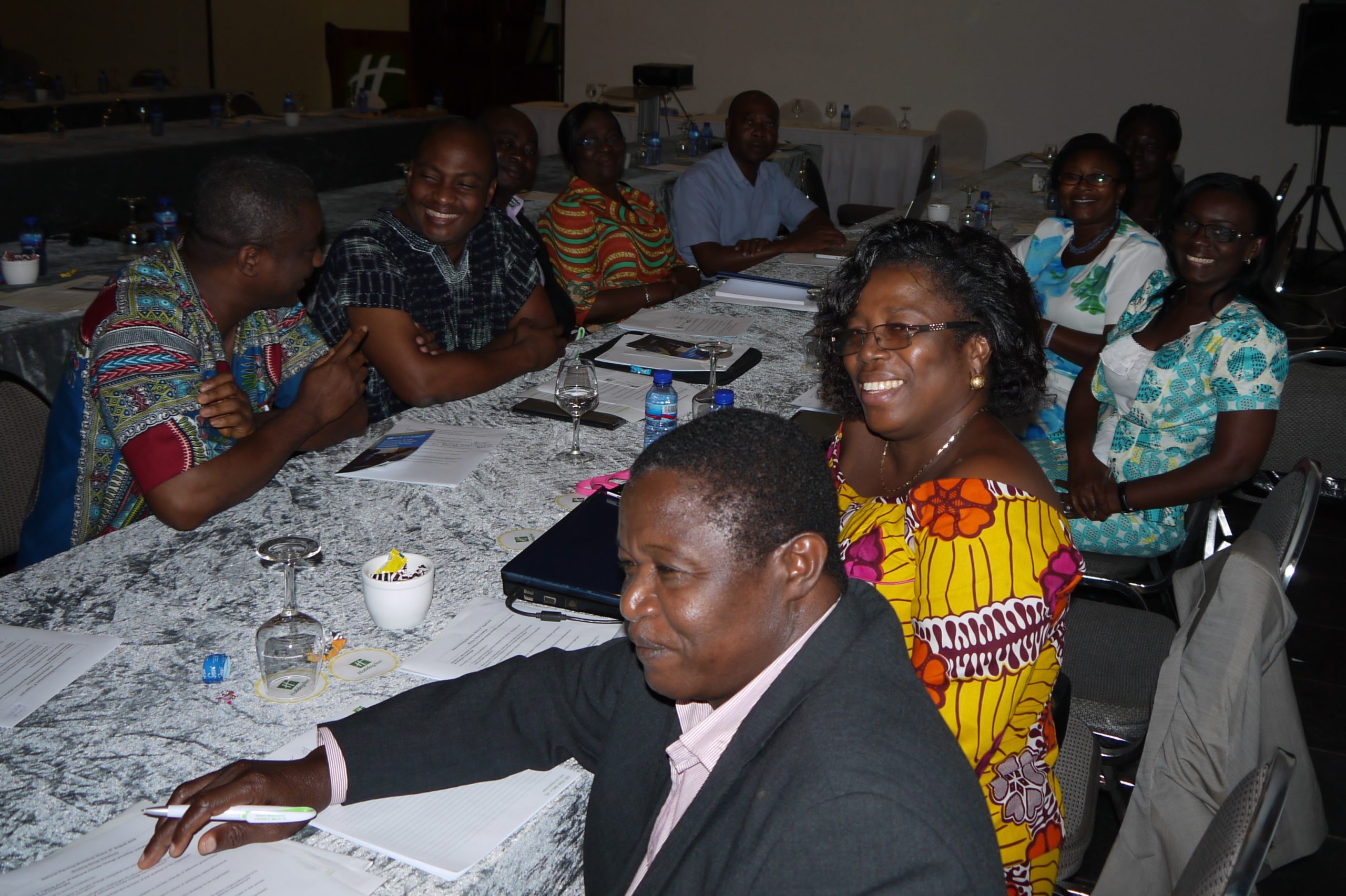
Representatives of education and training institutions in Ghana, discussing existing capacities but also challenges in delivering of climate change learning.
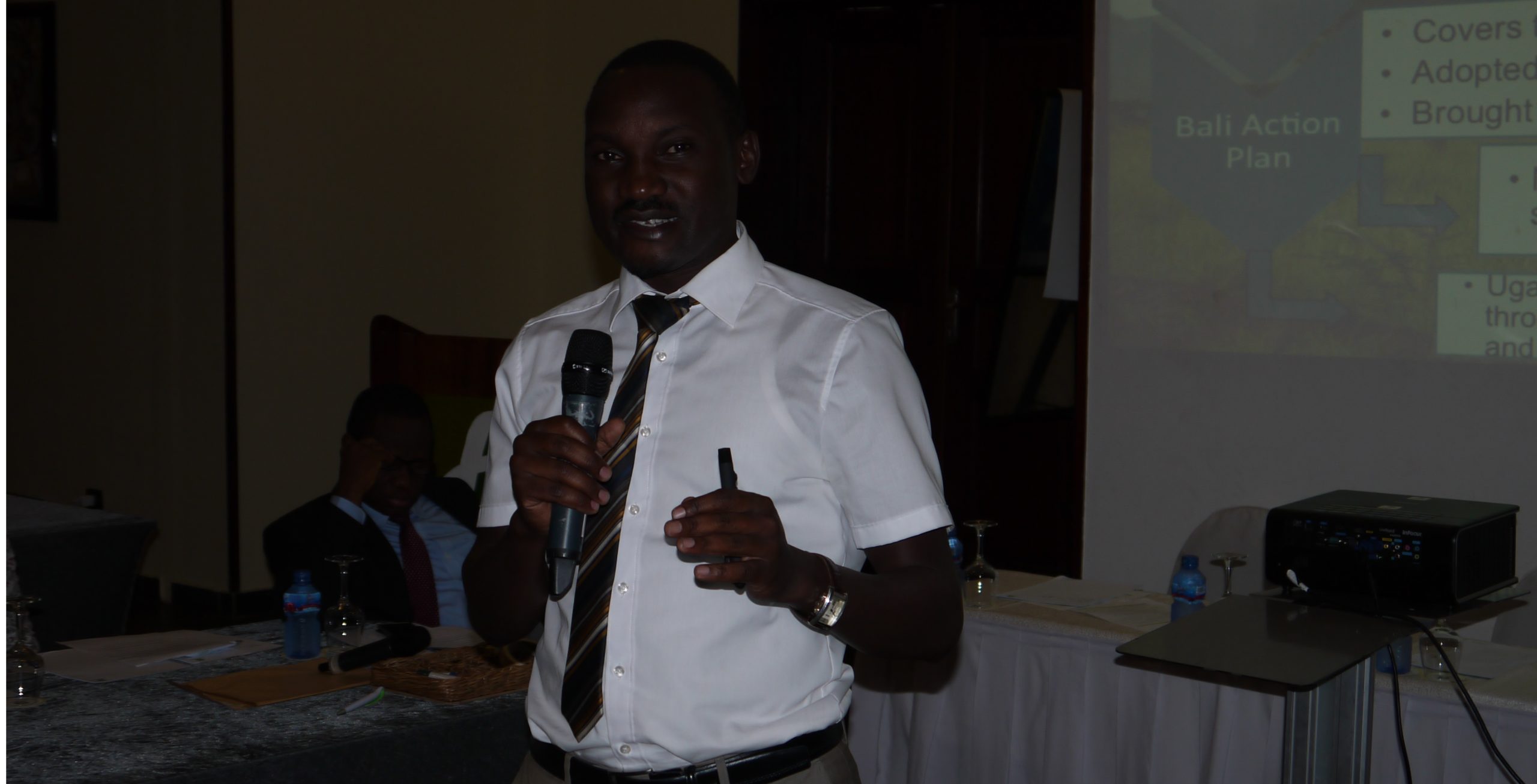
Mr. Bob Natifu, UN CC:Learn Ambassador for Climate Change Learning shared the experience of Uganda with developing a National Climate Change Learning Strategy.
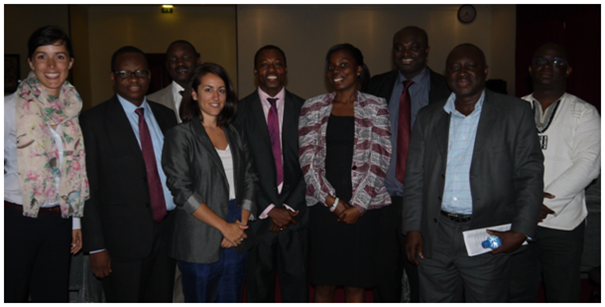
The UN CC:Learn team, including representatives from EPA, MESTI, UNDP, the UN CC:Learn Secretariat and Uganda.

